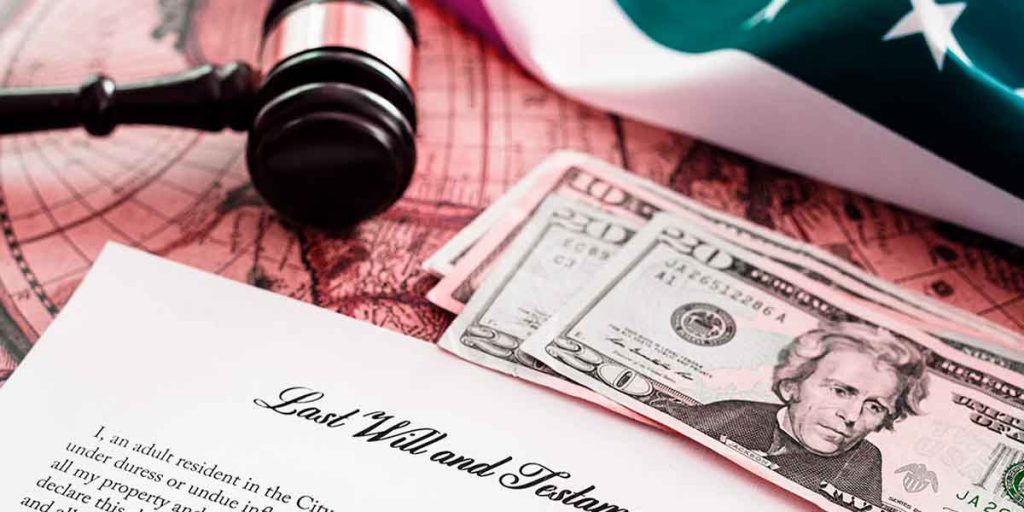Probate is a legal process which the court of law uses to ascertain the validity of the last will and testament of a deceased person. The probate process is the only legal means by which assets and titles are passed down from the deceased person to their heirs and beneficiaries. Without the probate process, all the assets of the deceased remains in their name, and they retain ownership to them. This means the assets cannot be distributed among the heirs and beneficiaries of the estate.
Necessity of probate
Though the probate process could be really stressful especially when a large estate is involved, it still has importance and necessities.
- The probate process allows for the passage of assets and titles from the dead person to their loved ones – heirs and beneficiaries-.
- If the estate has creditors which needs settlement, without the probate process, these creditors cannot be paid as there won’t be available funds to settle them. Until the court validates the will through probate, funds remain locked up.
- It makes the estate of the deceased accessible to his heirs and beneficiaries. Without probate the assets of the deceased remains out of reach of those who are supposed to benefit from it.
- The probate process is necessary to authenticate a will. The probate court uses the probate process to ascertain if a will is actually the last will and testament of the testator.
- It is necessary for individuals whose assets are much and there are high chances that their will could be contested.
Will and probate
There is a common thought that when there is a will, there will be no need for probate. This would really be nice if it is what happens in the real world but it is unfortunate it’s not the case. In the reality, even with a will, probate is still very much necessary. But a will makes the probate process fast and easy. It also makes the desired beneficiaries of the testator to benefit from the estate instead of the court deciding who gets what.
Probate assets
Probate assets include:
Assets owned solely by the deceased or assets where the person is a tenant in common; Assets which the deceased person own personally are eligible for probate.
Personal belongings; These set of properties goes through the Probate process. For instance household items like clothing, jewelries, etc.
When is probate unnecessary?
- Depending on your estate, probate might not be necessary in certain situations. If the estate is a small one, there might not be need for probate as the estate is below the probate limit. Different states has different set limit for which an asset can be qualified as a probate asset. For instance in the New York the assets must worth $50,000 and above for it to qualify as a probate asset. Even if these assets meets other criteria which qualifies them as probate assets, if they do not meet the dollar limit then probate is not necessary.
- It is unnecessary to probate an asset which is not a probate asset. For instance assets in trust; the trustee has the ownership rights of these assets for benefit of the beneficiary.
- Also assets which are jointly owned are not necessarily probated. This is common among married couples. These kinds of assets do not go through the probate process. When one of the owners die, his or her part of the assets goes to living partner
Non Probate assets
Non-probate assets are those assets or properties which are not subject to the probate process. They bypass the probate process regardless of what the will says about them. They are not enlisted among the assets that will go through the process of probate. Some of these non-probate properties include
Properties with a named beneficiary: There are properties which the beneficiaries were named so they do not pass through the probate process.
Assets which have a payable on death (POD) or transfer on death (TOD) designation: Some assets already have their designated beneficiaries at the event of death. These assets do not go through the probate process.
FAQ
Question: what are the consequences of not probating a will?
Answer: among the several others, the major consequence is that the assets of the deceased person cannot be passed to his heirs and beneficiaries
Probate attorney
The assistance of a probate attorney is very important as they will be able tell advise you on steps to take during the probate process. Our probate attorneys are always available for hire and consult.









